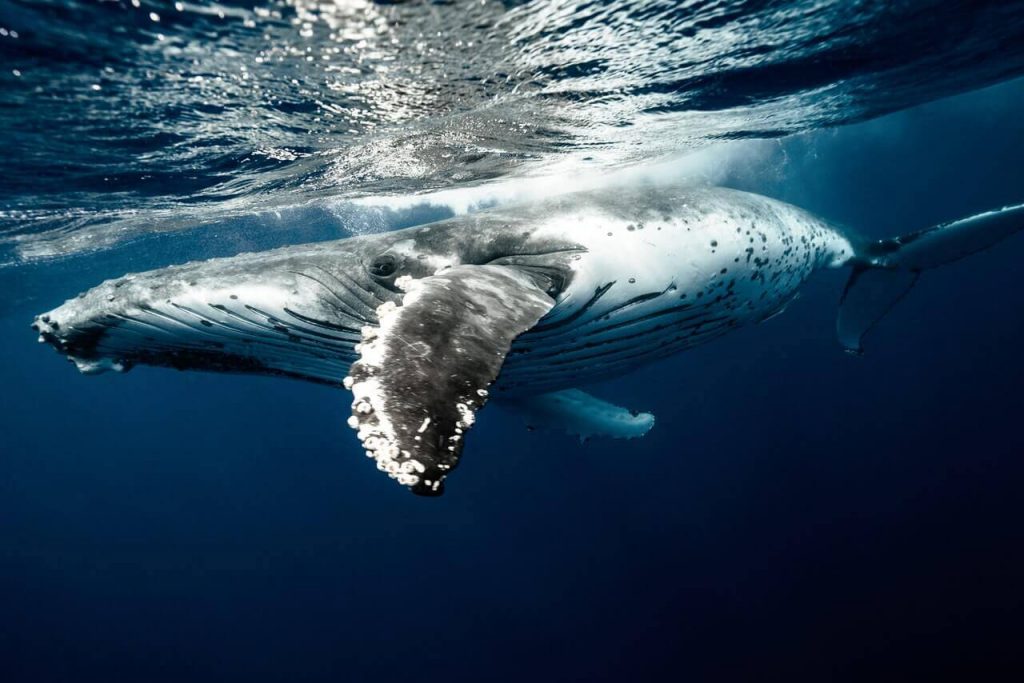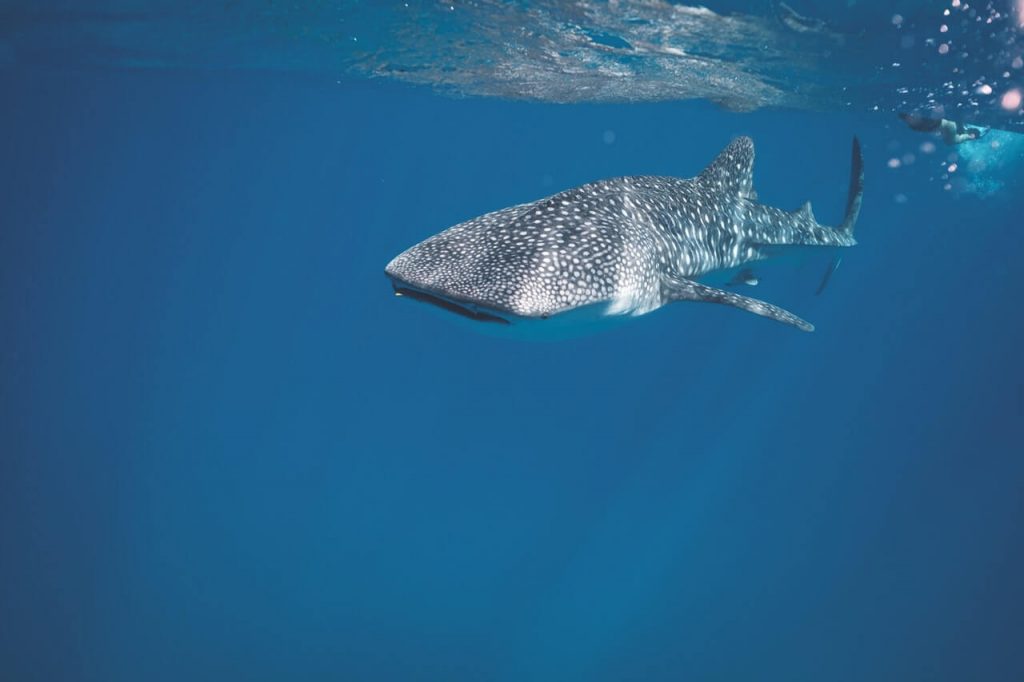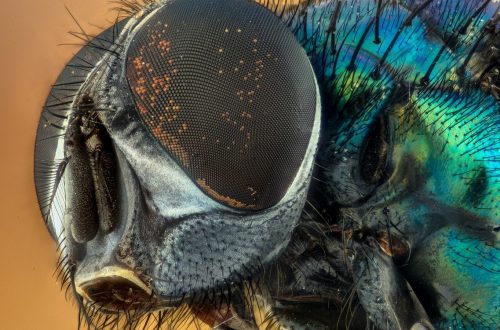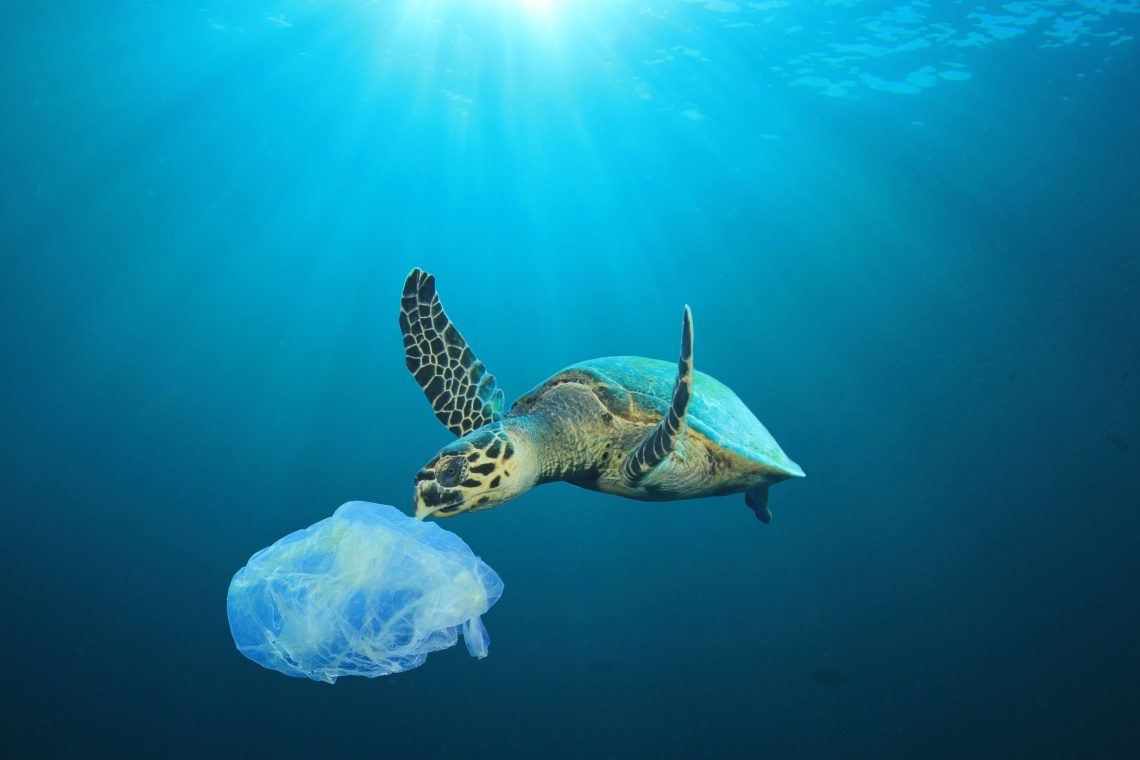
Is Polyester Plastic? The Secret Sins of Clothes
The Rocky Road to Sustainability
We are all painfully aware of the impact of our consumer choices on our planet, particularly that of plastic. Most of us are starting to realise that plastic is hidden in the most unlikely of places…including our clothes. If polyester is plastic, just how big of an impact are our clothes having on the environment?
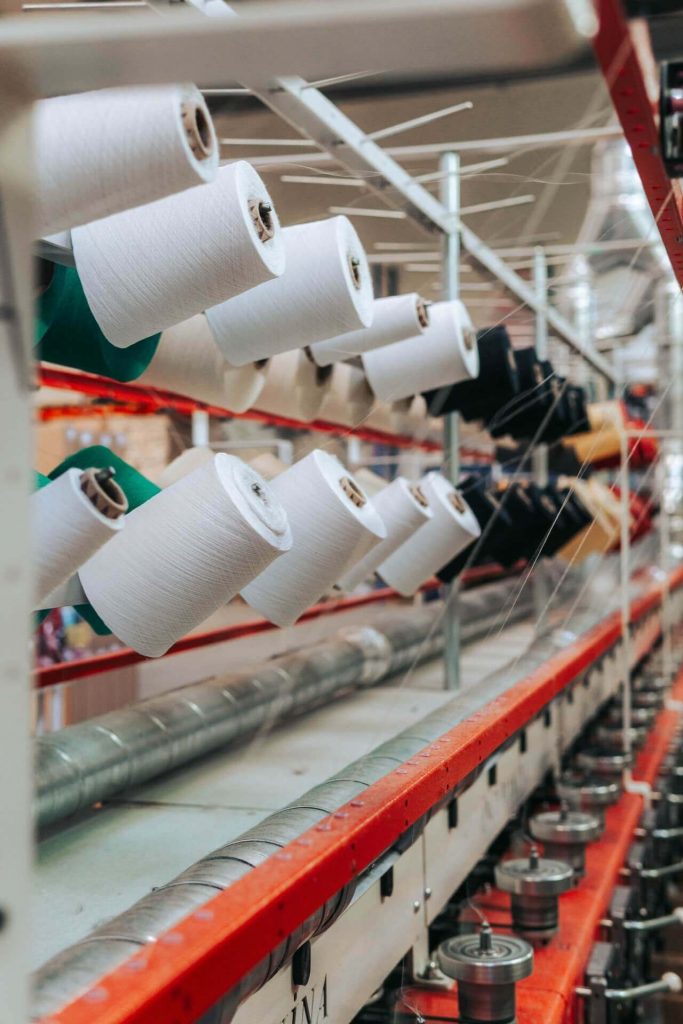
Is Polyester Plastic
What is Plastic?
Plastics have become the go-to material for it’s light weight, mouldable versatility. It’s become a cheap and easy way of mass producing a huge number of products on store shelves today.
They are a family of materials which are largely man made. We can manipulate them to take on a huge number of desirable characteristics.
Plastics are polymers- long chains of repeating molecules.
The term “plastic” really refers to a whole family of materials.
How About Polyester?
Polyester, as the name suggests, is also a polymer.
Don’t let appearances fool you. Polyester is plastic.
Despite its reputation as being a ugly and uncomfortable, polyester has come a long way since its early days. It has become a low-cost alternative to cotton, and is more prevalent than ever.
Take a look at some of the labels in your wardrobe. Unless you are a particularly conscientious or high-end shopper, most of our wardrobes are home to polyester. Your wardrobe is full of plastic, and you probably didn’t even know it.
Not only is polyester a plastic… it is the KING of plastics. Polyethylene terephthalate, or PET, as you might know it, is the most common plastic on the market today. Spin it into fine threads, weave them together and you’ve got yourself some polyester.
Recycled Polyester
I’m afraid the news isn’t great here either. “If polyester is plastic” I hear you say, “can I not just recycle it?”
Well, recycled polyester IS a thing.
Compared to so-called virgin polyester (new polyester), the recycled stuff probably is better. It prevents the plastic heading to landfill and gives it a second lease of life.
The problem is not one you can see.
Polyester is a plastic which acts like any other- it slowly breaks down over time. As you wear your clothes, and particularly as you wash them, tiny fibres break off.
In fact, a 2016 study from the University of Plymouth suggested that more than 728,000 microfibres be released from a 6kg load of washing. Some of these will make their way into the ocean.
These microplastics have now been reported from the bottom of the ocean, in Arctic sea ice and even, recently, on the top of Mount Everest.
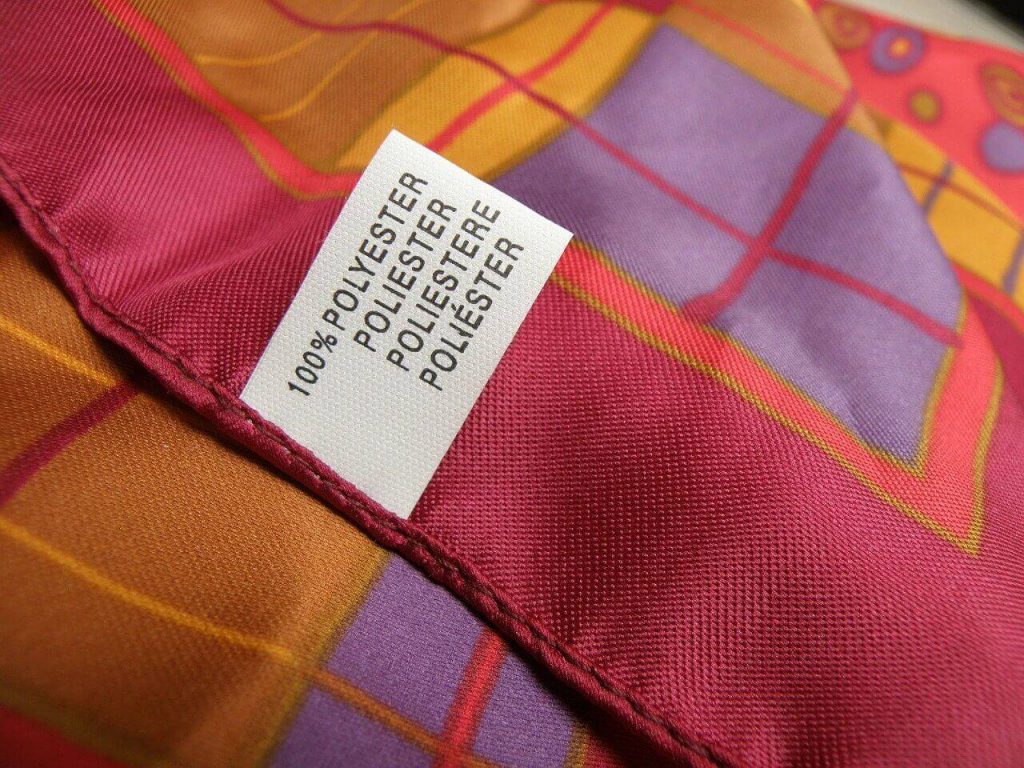
Microplastics with Macro-problems
Filter Feeders
As with so many threats to the natural world, our oceans are bearing the burden.
I’ve reported before on threats from ocean acidification on coral reefs and on fish stocks from over fishing. These microplastics one part of the many threats facing our oceans today.
One big concern is to filter feeders.
Our oceans are full of organisms which, instead of pursuing their food, wait for food to come to them. Organisms like mussels and oysters and sponges, spend most of their lives on the seabed. They let the water flow over them and grab what food they can as they go.
Of course, a mussel isn’t to know what’s food and what’s plastic, so it all goes in.
Even larger animals like baleen whales have been impacted, as they feed in a similar manner.
Up the Food Chain
The first rule of ecology is that everything is connected (I’m making this term up, there are no rules of ecology).
Many of these filter feeds are food for other organisms. And so the plastic makes its way up the food chain.
And so that tiny fragment of plastic from that one polyester garment makes its way into more organisms than just those filter feeders.
One Wild Thing
Sometimes, we get to the end of one of these posts and I am forced to confess that our power to affect change on a particular matter is minimal.
This is not one of those times.
This time, we hold a great amount of power. Our choices as consumers drive not only what is ending up in our oceans today, but the materials that companies are motivated to use in their products of tomorrow.
I actually have four wild things to try this week!
- The most obviously option, is to look for alternatives to polyester. Recycled polyester is better than virgin polyester on balance, though by no means perfect.
- Keep clothing longer. The first washing cycle releases by far the most microplastics. That amount becomes smaller and smaller in subsequent washes. If we reuse clothes more instead of buying new ones, we should be able to reduce microplastics somewhat.
- FREEZE YOUR JEANS!!! You heard me right. This is not tried and tested by me as I only have a freezer compartment inside my fridge, but I am told that freezing your jeans can kill bacteria and effectively wash your jeans, without putting them through harsh wash cycles.
- Tell other people. This is a hidden problem of which many people are unaware. Let your friends know that polyester is plastic. And let them know what they, too, can be doing to help.



